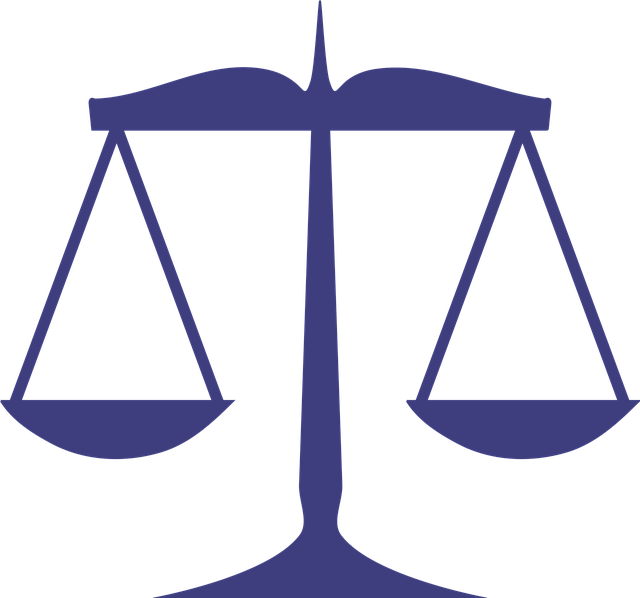Antitrust violation cases focus on maintaining fair competition in markets, with regulatory bodies like the FTC and DOJ enforcing laws protecting consumers. These involve allegations of anti-competitive practices such as price-fixing or market division, leading to severe penalties for accused businesses. Avoiding penalties in environmental compliance cases requires proactive strategies: comprehensive staff training, regular audits, adherence to evolving regulations, investment in environmental training programs, accurate record-keeping, and internal controls. Consulting legal experts specializing in environmental matters is crucial for successful defense against these complex cases, as seen in high-profile precedents like United States v. Intel and European Commission v. Google.
“Antitrust violation cases pose significant challenges for businesses, with potential penalties and reputational damage. Understanding these cases involves grasping complex definitions and identifying key players—from regulatory bodies to corporate giants. This article delves into environmental compliance issues, exploring common triggers and strategies to avoid penalties through proactive measures and legal adherence. We present case studies demonstrating successful navigations, offering valuable lessons learned from recent high-profile instances. By staying informed and implementing effective practices, businesses can steer clear of costly antitrust violations in environmental compliance cases.”
- Understanding Antitrust Violation Cases: Definitions and Key Players
- Common Triggers for Environmental Compliance Issues in Businesses
- Strategies to Avoid Penalties: Proactive Measures and Legal Compliance
- Case Studies: Successful Navigations and Lessons Learned from Recent Cases
Understanding Antitrust Violation Cases: Definitions and Key Players

Antitrust violation cases are legal battles centered on maintaining fair competition in markets. These cases involve allegations that businesses have engaged in anti-competitive practices, such as price-fixing, market division, or abuse of dominant market positions. Key players in these scenarios include regulatory bodies like the Federal Trade Commission (FTC) and Department of Justice (DOJ) in the U.S., tasked with enforcing antitrust laws to protect consumers and promote free markets. The goal is to prevent companies from leveraging their market power to stifle competition, thereby avoiding penalties that can be severe, impacting not just financial resources but also a company’s reputation.
Understanding these cases requires recognizing the distinct roles of plaintiffs—often competitors or consumers harmed by anti-competitive behavior—and defendants, usually large corporations accused of unethical practices. A successful defense in such cases often involves demonstrating lawful business decisions and compliance with complex regulatory environments, especially in industries with stringent environmental standards. This is where a robust general criminal defense strategy becomes crucial for white-collar and economic crimes, ensuring that businesses can navigate these legal landscapes while avoiding penalties related to both antitrust violations and environmental non-compliance.
Common Triggers for Environmental Compliance Issues in Businesses

Many environmental compliance issues stem from a lack of understanding or deliberate ignoring of regulations designed to protect our planet. Common triggers include failure to obtain necessary permits before commencing operations, especially for projects that involve significant changes to land use or resource extraction; improper handling and disposal of hazardous materials; and inadequate training for employees on environmental best practices. Additionally, businesses might face charges if they fail to maintain accurate records of compliance efforts and implement effective internal controls.
Avoiding penalties in these cases often requires a proactive approach. Companies should invest in comprehensive environmental training programs for all staff involved in relevant operations. Regular audits and updates to adherence protocols can help ensure ongoing compliance. For corporate and individual clients seeking to achieve extraordinary results in general criminal defense, especially regarding environmental matters, it’s crucial to stay informed about evolving regulations and consult with legal experts who specialize in these complex areas.
Strategies to Avoid Penalties: Proactive Measures and Legal Compliance

In the realm of antitrust violation cases, Avoiding Penalties in Environmental Compliance is a complex task that demands proactive measures and meticulous legal compliance. Corporations and individual clients alike must navigate this intricate landscape to safeguard their interests. A robust strategy involves staying abreast of evolving regulations, implementing internal audits, and fostering a culture of ethical business practices. By proactively identifying and rectifying potential compliance gaps, entities can significantly reduce the risk of penalties and maintain their unprecedented track record.
Expert legal counsel plays a pivotal role in this process, offering guidance tailored to specific environmental laws and regulations. Through regular reviews and training sessions, law firms specializing in antitrust and environmental law ensure clients achieve extraordinary results in adhering to legal requirements. This proactive approach not only mitigates the chances of penalties but also fosters long-term sustainability and corporate responsibility.
Case Studies: Successful Navigations and Lessons Learned from Recent Cases

In recent years, several high-profile antitrust violation cases have served as both cautionary tales and roadmaps for navigating complex regulatory environments. Case studies like United States v. Intel and European Commission v. Google offer valuable insights into successful strategies for avoiding penalties in environmental compliance cases. These landmark decisions underscore the importance of maintaining transparency, fostering competition, and adhering to regulatory guidelines.
By examining these precedents, businesses can learn crucial lessons about the dynamics of antitrust law and its intersection with environmental regulations. For instance, companies should prioritize proactive compliance measures, including thorough risk assessments and regular internal audits, to mitigate potential violations. Additionally, building a strong corporate culture that promotes ethical conduct and encourages open communication channels is vital. An unprecedented track record of successful navigations in these cases demonstrates the significant rewards for those who proactively embrace best practices in both white-collar and economic crimes prevention. Each respective business can tailor these lessons to their unique circumstances, ensuring they remain competitive while maintaining adherence to antitrust and environmental laws.
Antitrust violation cases and environmental compliance go hand in hand, with both requiring meticulous attention to detail and proactive strategies. By understanding the definitions, key players, and common triggers, businesses can effectively navigate these complex landscapes. The successful case studies presented offer valuable lessons in how to avoid penalties through proactive measures and legal compliance. Embracing these insights is crucial for fostering sustainable growth and ensuring long-term success in today’s competitive market. To further mitigate risks, staying informed about evolving regulations and seeking expert guidance are essential steps for all organizations.






